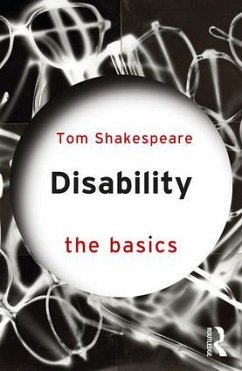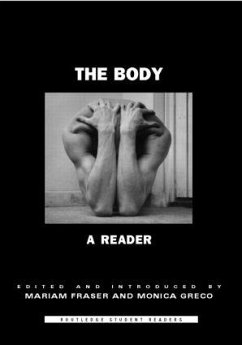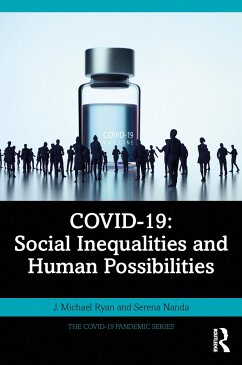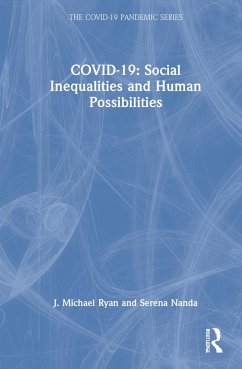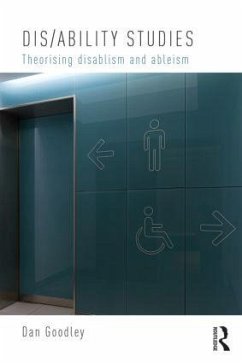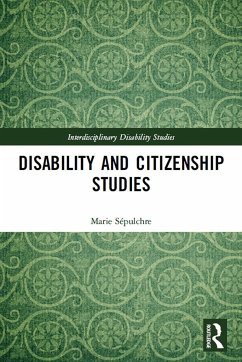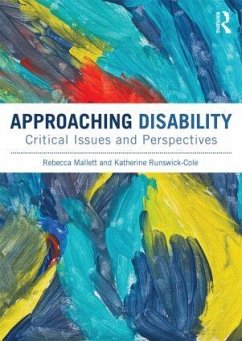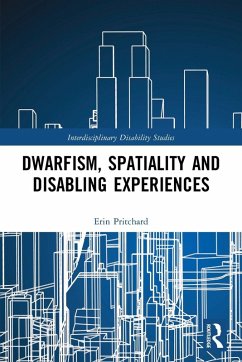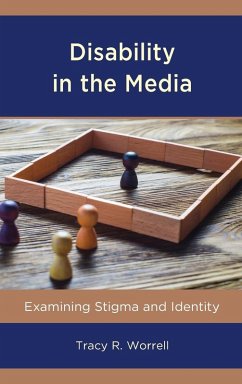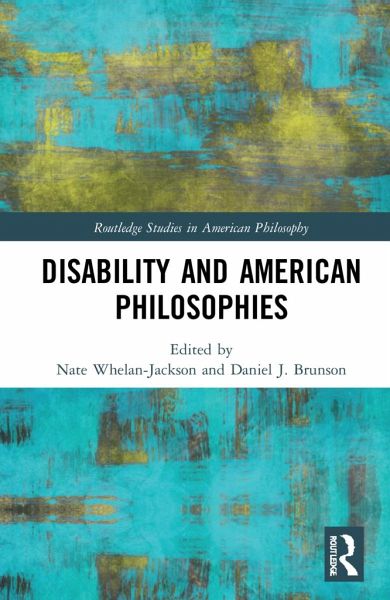
Disability and American Philosophies
Versandkostenfrei!
Versandfertig in 6-10 Tagen
137,99 €
inkl. MwSt.

PAYBACK Punkte
69 °P sammeln!
Given basic commitments to philosophize from lived experience and a shared underlying meliorist impulse, American philosophical traditions seem well-suited to develop nascent philosophical engagement with disability studies. To date, however, there have been few efforts to facilitate research at the intersections of American philosophy and disability studies. This volume of essays seeks to offer some directions for propelling this inquiry. Scholars working in pragmatist and other American traditions consider intersections between American philosophy and work in disability studies. Consisting o...
Given basic commitments to philosophize from lived experience and a shared underlying meliorist impulse, American philosophical traditions seem well-suited to develop nascent philosophical engagement with disability studies. To date, however, there have been few efforts to facilitate research at the intersections of American philosophy and disability studies. This volume of essays seeks to offer some directions for propelling this inquiry. Scholars working in pragmatist and other American traditions consider intersections between American philosophy and work in disability studies. Consisting of three broader sections, one set of essays considers how American philosophies from contemporary Mexican philosophy to classical American pragmatism inform descriptions of disability and efforts at liberation. The next offer accounts of how American philosophies disclose alternative conceptions of epistemic and ethical issues surrounding disability. Finally, a section considers "living issues" of disability, including essays on parenting, immigration policy, and art education. Throughout, these works provide direction and orientation for further investigation at the intersection of American philosophies and disability studies.



